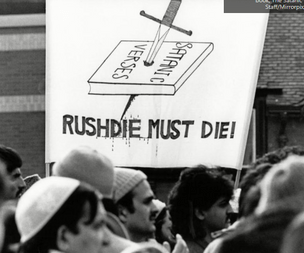Dorian Lynskey in Unherd:
 His work was substantial, his opinions horrendous, his reputation a battleground. It was February 1949 and the Fellows in American Letters of the Library of Congress had decided to award the inaugural Bollingen Prize for Poetry to Ezra Pound for The Pisan Cantos. Pound, a giant of modernism, had begun the poems in a US Army detention camp and finished them in a psychiatric hospital under indictment for treason, having spent much of the war broadcasting anti-Semitic, fascist propaganda for Mussolini. The judging panel, which included W. H. Auden, Robert Lowell and Pound’s friend T. S. Eliot, justified its decision on purely aesthetic grounds, because to take into account Pound’s politics “would in principle deny the validity of that objective perception of value on which any civilized society must rest”.
His work was substantial, his opinions horrendous, his reputation a battleground. It was February 1949 and the Fellows in American Letters of the Library of Congress had decided to award the inaugural Bollingen Prize for Poetry to Ezra Pound for The Pisan Cantos. Pound, a giant of modernism, had begun the poems in a US Army detention camp and finished them in a psychiatric hospital under indictment for treason, having spent much of the war broadcasting anti-Semitic, fascist propaganda for Mussolini. The judging panel, which included W. H. Auden, Robert Lowell and Pound’s friend T. S. Eliot, justified its decision on purely aesthetic grounds, because to take into account Pound’s politics “would in principle deny the validity of that objective perception of value on which any civilized society must rest”.
The prize and its justification ignited an argument which blazed for six months: can art be separated from politics? Should the intolerant be tolerated, let alone rewarded? Should liberalism take account of the consequences of speech even as it defends the right to speak? To put in in 2020 terminology: “Should Ezra Pound be cancelled?”
More here.
